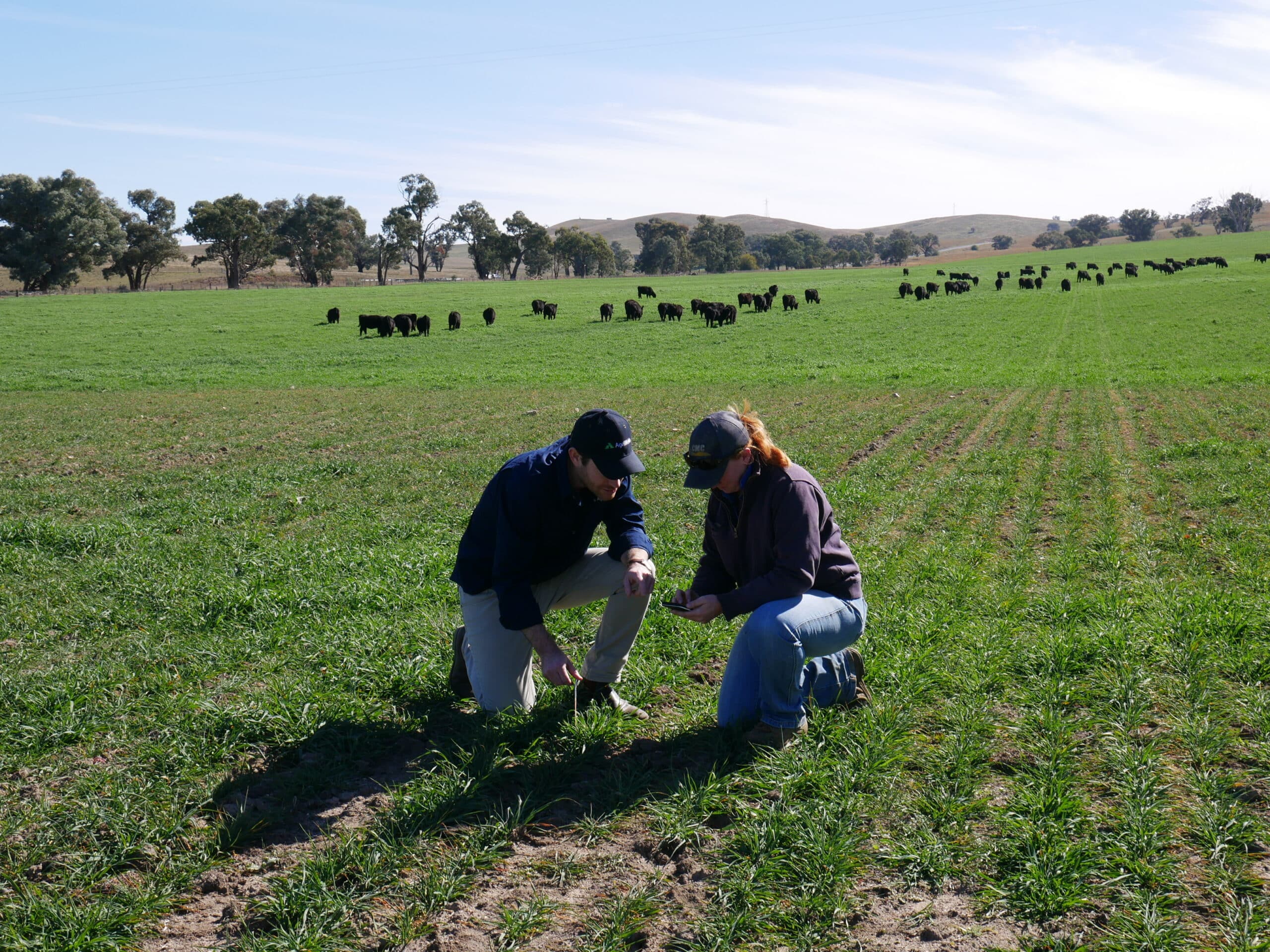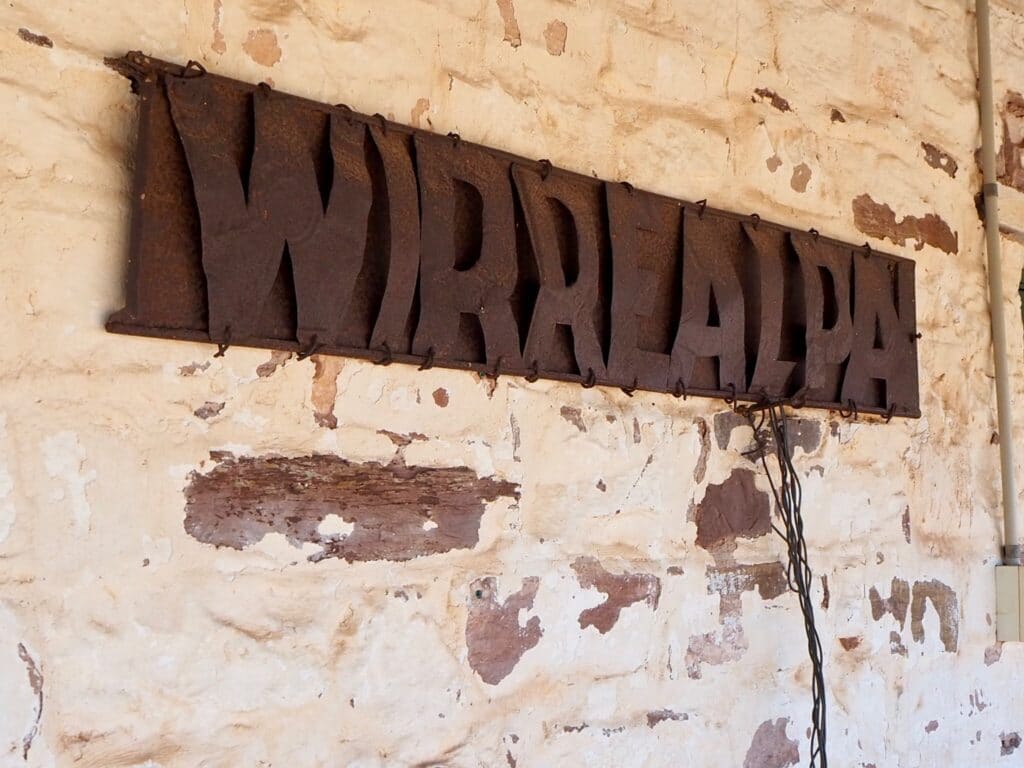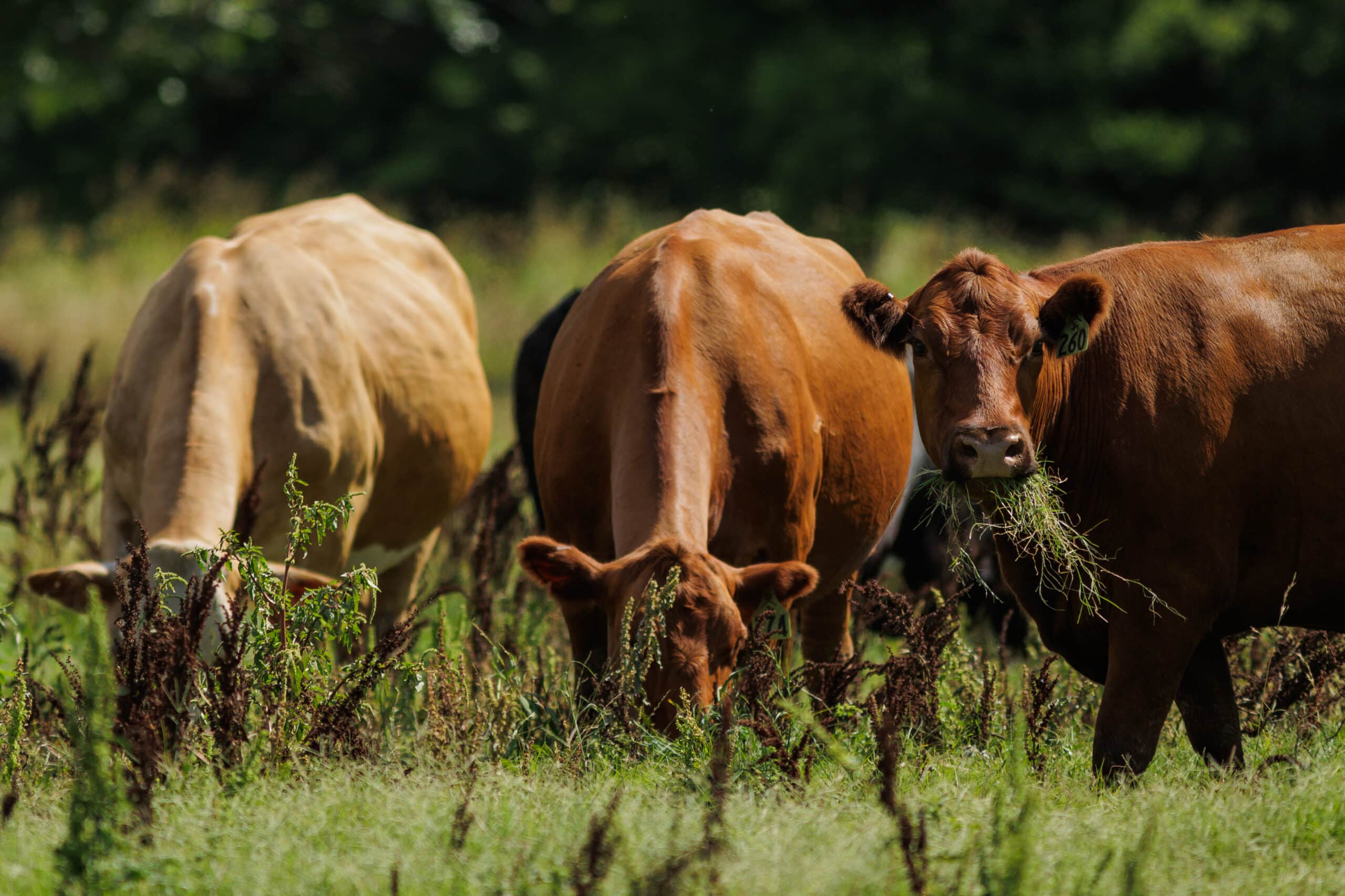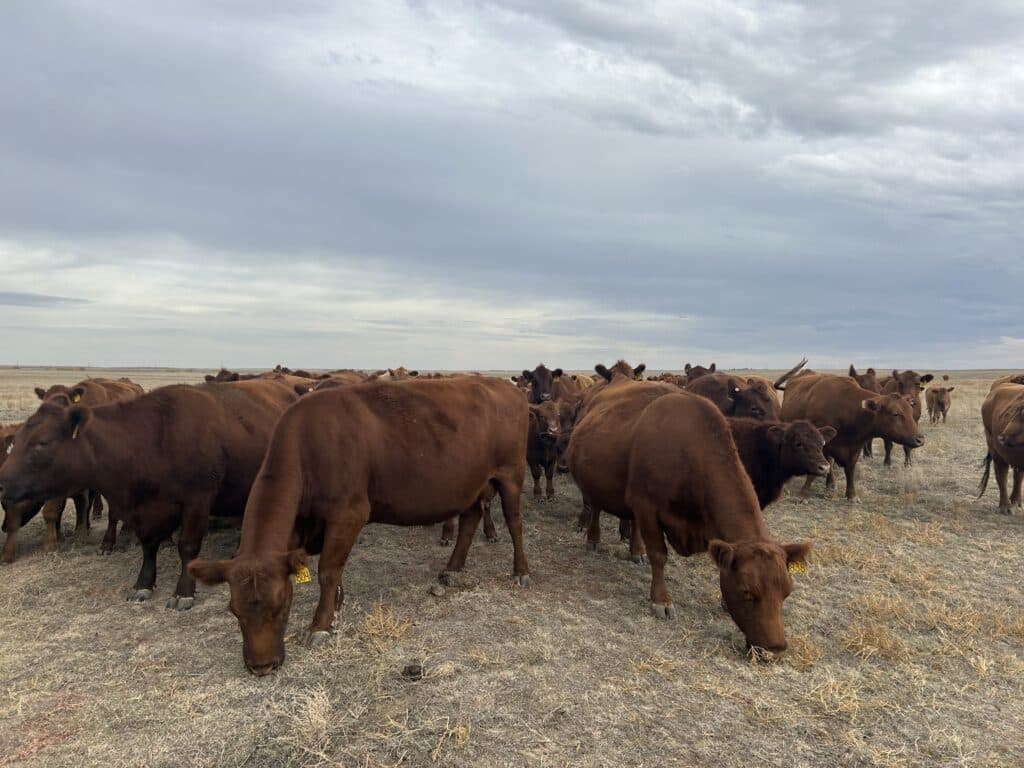Executive spotlight: John Fargher

John Fargher grew up on the 400,000 acre ‘Wirrealpa station’ in the Northern Flinders Ranges of South Australia. In a good season, Wirrealpa runs 2,500 cattle and 10,000 sheep. John notes that sadly most of his life has seen severe periods of drought in the region. He has a long family history of farming in the area, as well as in NSW and the NT, that spans five generations and millions of hectares across both his grandfather and grandmother’s family trees. Today the broader family primarily operates in South Australia and owns a string of properties in the Flinders region, so much so that there is a local saying, ‘if you kick a bush, a Fargher will jump out!’.
John’s strongest memories on the station are of building long stretches of fence line up to 50km from the homestead in 48-degree heat, droving cattle or sheep from dusk til dawn and mustering goats on motor bikes while his Dad was calling the shots from the Cessna to ensure the goats did not escape through the boundary fence. “Learning how to roll up your sleeves to get the job done, learning to take responsibility and ownership for different jobs, and learning to be innovative and work smart not hard, all from a young age are what strikes me most about my childhood.”
The need to keep progressing
In the 50s and 60s there were massive periods of transformation on Wirrealpa in order for the station to survive. “In the 50s we went from a staff of 40 on horses, to introducing motorbikes/cars and getting a plane in the 70s. Paddocks that used to take almost a month to muster, could now be cleared in a few hours. After years of drought my family made the decision to diversify into tourism as an alternate source of income, and introduce better land management practices so that we were more drought resilient during the tough years”. However in the last few decades he suggests that we haven’t seen nearly the same amount of progress, “most of the industry still runs off a paper notebook, and spreadsheet at best. The industry has been left behind”. John believes that if the industry is going to keep up with the growing demand, traceability and transparency of food production it needs to embrace change, “we need to adopt technology, we need to innovate, especially if we want to manage our sustainability and carbon footprint pressures, otherwise this industry will not survive”.

Education
As John’s family station was so remote, the local school was ‘School of the Air’, which meant that his classmates were a handful of remote kids spread across the entire northern South Australia that he saw once a year. He then went to Boarding school and finished up with a number of scholarships being School Captain of Scotch College. He believes that his time growing up on the Station lead him to be able to communicate, relate and build relationships with people of all ages and from all walks of life, whether it was shearers, backpackers, station hands, high-flying business people that stayed as tourists, and even the odd celebrity with Miranda Kerr visiting for a David Jones shoot, “the shearing shed didn’t know what hit it when they shot the lingerie section” John quipped.
Prior to AgriWebb, John studied a double degree of Law and Arts and believes that the time he spent practicing law taught him how to “think critically and understand the risks and opportunities you will be faced with when doing business’. He worked in marketing and project management during the London Olympics which taught him how to work to a tight deadline and manage major projects. He has also spent some time overseas in London working on the commercial/legal team of a tech company that focussed on commerciali

Demand on this industry is continuously growing and so we cannot sit on our hands and operate as we always have and think ‘she’ll be right’, it won’t. There is an opportunity to act and tackle the challenges ahead…
Life at AgriWebb
As you can imagine, John’s role at AgriWebb changes from week to week. However one thing he notes is the continual emphasis he has placed on the farmer. “Since day one at AgriWebb I have been entirely focussed on our customer, the farmer. From designing and understanding what product we should build to solve farming’s daily challenges, to ensuring we are able to put a value to how we can improve efficiency on-farm, to travelling to farms across the country to connect with our customers, attending well over a hundred agtech events to ensure we are the best in the business, to finding our early adopter clients who still today believe in our vision, to building a sales, marketing and success team from the ground up. I can proudly say that everything I have done to date has been to benefit our farmers”.
Despite juggling all of these tasks, John notes that his favourite part of his role is meeting the customers, “the thing I enjoy most is getting on-farm and seeing first-hand the impact we are having, seeing how we are helping with the day to day challenges of running a farm, and sharing in the excitement for what the future holds. Farmers are kind and humble, honest and hardworking, and they have to wear many hats on a daily basis to survive and thrive. You don’t see that ability in other industries. I also love that we have the opportunity to work with farmers to really impact the livestock supply chain to bring the industry into the digital world”.
John believes the strength of the AgriWebb team lies in the passion that each employee has for the product, the industry, and the farmer, “everyone at AgriWebb lives by our core value: live for the farmer, and that makes a world of difference. We have managed to attract some of the most talented people across a range of fields as a result of ensuring that from day one we only ever invested in top-tier talent. This decision has resulted in us having the best product on the market, with a focus on always being customer-centric.
Making waves in the agriculture industry
John has an admirable appetite for ensuring AgriWebb is the pinnacle for change in this industry now, and in years to come, “agriculture is one of the least digitised industries in the world, and livestock ag is by far the least digitised sector within agriculture. This means that we have numerous challenges to face including but not limited to education, tech adoption and awareness. But this also means that there is enormous opportunity. Demand on this industry is continuously growing and so we cannot sit on our hands and operate as we always have and think ‘she’ll be right’, it won’t. There is an opportunity to act and tackle the challenges ahead, and we have a responsibility to be the ones to drive the ship, unless we want to miss the boat entirely”.
“Consumer demands, environmental pressures, and alternative sources of protein are moving very quickly. Some say it is a fad, and ultimately time will tell. But what we do know is if our industry does not shape up and take action, the chances of future generations eating the way we do now, will change, and our industry will not be there for future generations to create the value and wealth that previous generations were able to”.
As for how AgriWebb might help shape the future of agriculture, John believes it all comes down to opportunity and responsibility to the farmers that have given their belief to the vision of AgriWebb. “AgriWebb has an opportunity to help drive change in a manner that focuses on the farmer and their business. We need to make their business more efficient, more productive, and more profitable, and while doing all of this, provide a sustainable future for the livestock industry by connecting the dots in the value chain”.
When asked where if there’s anything else he’d rather be doing, John puts it simply, “absolutely not! I love what I do. I don’t wake up going to work. I wake up trying to work out how we can scale our business to help thousands of farmers across the globe be more successful in what they do each day”.
If you’d like to follow John’s journey at AgriWebb, you can do so via LinkedIn here, or via twitter here.


